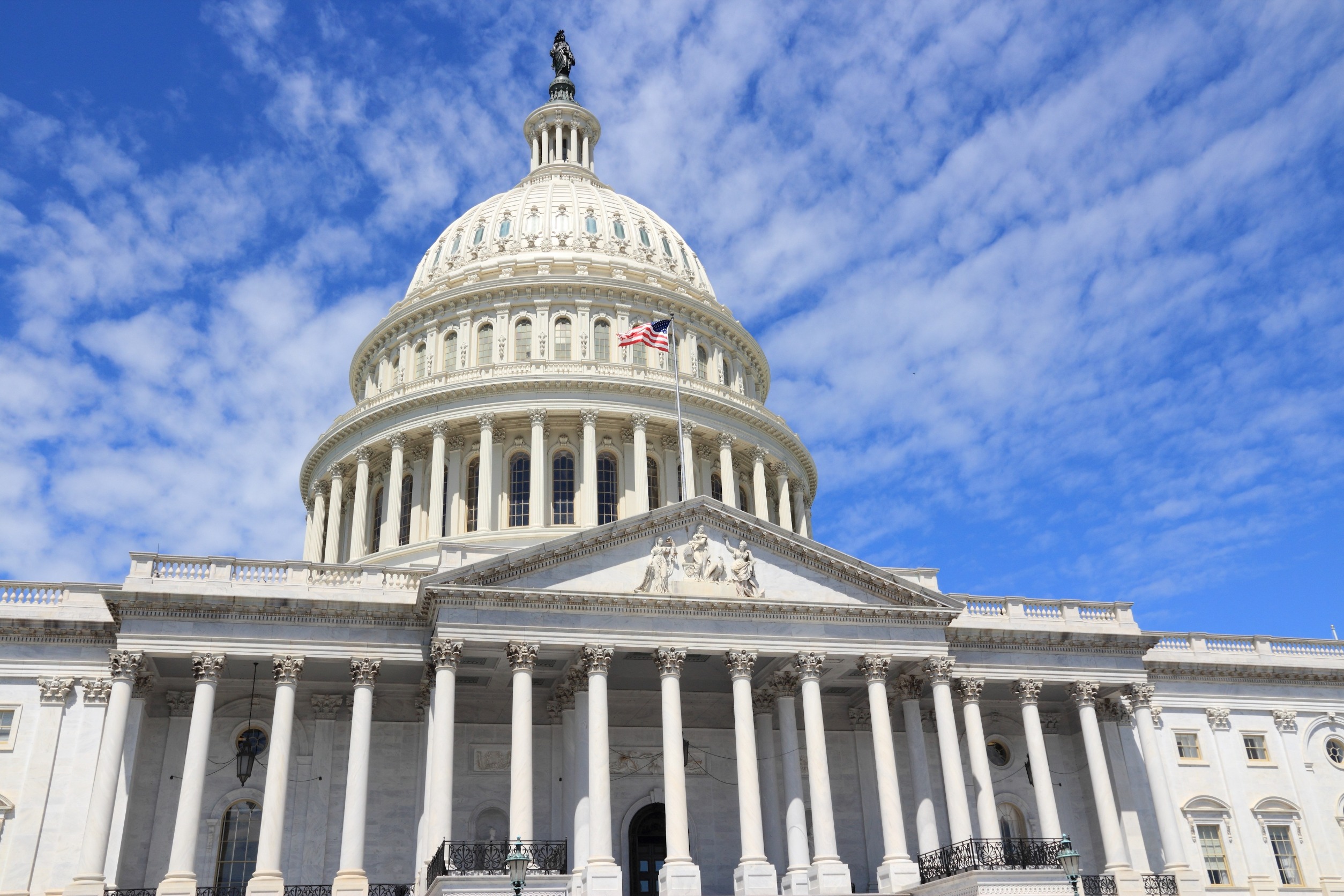How just being yourself can improve your health.
David Servan-Schreiber | December 2007 issue
Celeste is unhappily married, but rather than talk to her husband, she tries to act as though everything’s fine. Jack is aware that the plant he manages is pumping out toxic waste and he’s doing what he feels he must to stop the public from finding out, even though it makes him uneasy. For the past 30 years, Michelle has been hiding the fact that her father is a Muslim; she thinks her friends would disapprove. Denise is a doctor and media consultant. She has had cancer for the past two years and doesn’t want anyone to know, so she’s been receiving treatment in secret.
One of the most stressful things for a laboratory monkey is to be moved to a different cage, where it has to establish its status again in a new social group. We are like monkeys in many ways, and our place in the social order is just as important to us. We don’t like to feel that our status is threatened. We can’t be happy when the role we play is inconsistent with our values and goals, but it’s extremely difficult to free ourselves from the pressure of other people’s expectations.
Philosophers as far back as Aristotle have talked about man’s search for self-realization. In Aristotle’s view, each living thing is like a seed that will grow into a unique plant. Therefore all human beings must go through a process of self-realization to achieve their full potential.
Some 2,500 years later, Abraham Maslow, the great humanist psychologist and founder of the human potential movement in the 1960s, launched a study into why some people are happier than others. His conclusion, like Aristotle’s, was that happier people are more “actualized”; that is, they have gone further in their self-realization. They accept themselves as they are, and are in turn able to offer this acceptance to others.
A study led by Professor Steve Cole at the University of California, Los Angeles demonstrated that our bodies themselves need us to accept who we are. He and his colleagues studied more than 200 homosexual men over five years, and concluded that those who chose to conceal their homosexuality were three times more likely to develop cancer or a serious infection.
Such research has led to the conclusion that for our immune systems to function most effectively, we need to live in harmony with ourselves—to be authentic, even if that means we risk disappointing the members of our social group.
We all, to greater or lesser extents, wear disguises in our daily lives. But having the courage to be ourselves seems to be part of the process of living, all the way down to the molecular level. It’s the standard nature has set for us. It’s up to us to rise to the challenge.
David Servan-Schreiber is a psychi- atry professor in France and the U.S., and author of Healing without Freud or Prozac.











